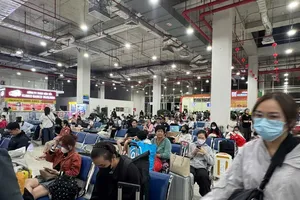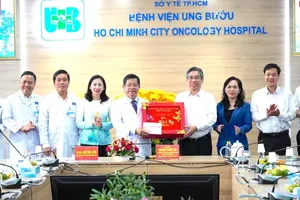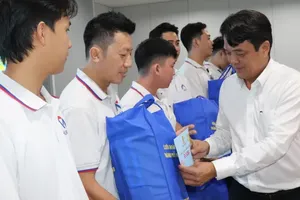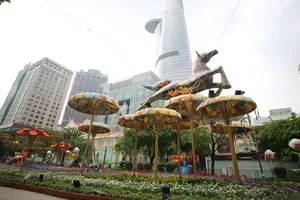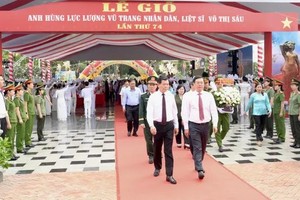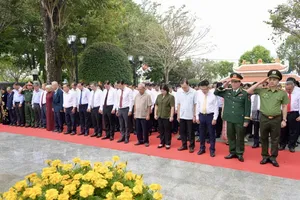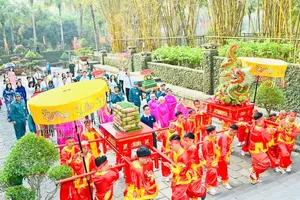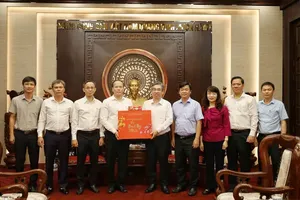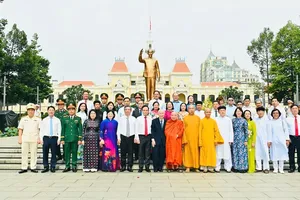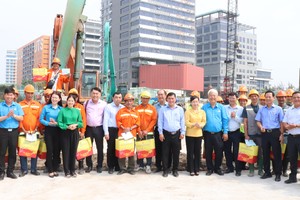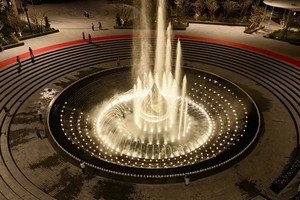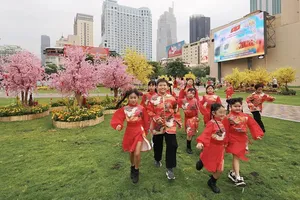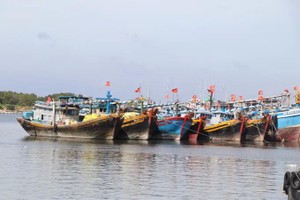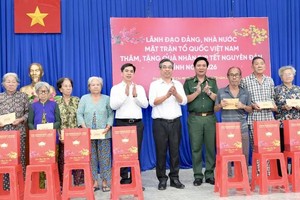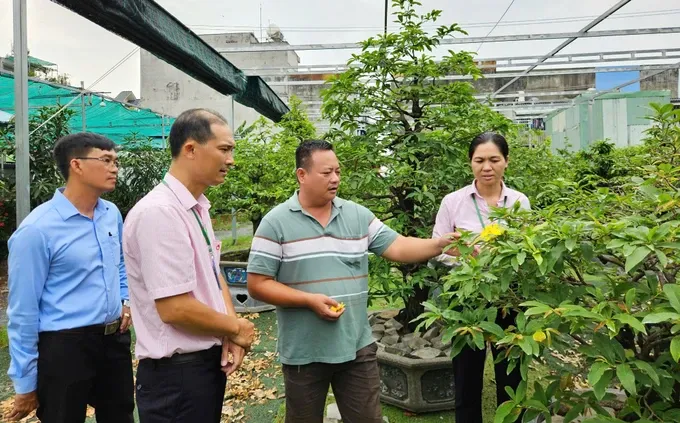
Former Deputy Head Pham Chanh Truc of the Central Economic Commission cum former Permanent Deputy Secretary of the HCMC Party Committee observed that few localities nationwide have benefited from the Central Government’s consistently close and comprehensive attention as HCMC.
Since 1982, the Politburo has issued numerous dedicated resolutions concerning the city, while the National Assembly and the Government have introduced a suite of tailored mechanisms fostering decentralization and empowering the city’s development.
These include landmark directives such as Resolution No. 01-NQ/TW (1982), Resolution No. 20-NQ/TW (2002), and Resolution No. 16-NQ/TW (2012), all charting the city’s developmental course. The current guiding documents are Resolution No. 31-NQ/TW (2022), outlining the vision to 2045, and the groundbreaking National Assembly Resolution No. 98/2023/QH15, which pilots a range of specific policies designed to propel HCMC’s growth.
The very opening of Resolution No. 01-NQ/TW (1982) underscored the Politburo’s recognition of HCMC’s “remarkable dynamism and rich creativity in production and business”, urging the city to “continue to leverage its proactive and dynamic spirit”. Indeed, in the immediate aftermath of national reunification, HCMC’s inherent dynamism and innovative drive were clearly evident and have been consistently nurtured and amplified over the past half-century, becoming a defining characteristic.
Speaking at the national-level scientific conference “The Great Victory of Spring 1975 and the New Development Era of the Vietnamese Nation” on April 20, Permanent Deputy Secretary Nguyen Thanh Nghi of the HCMC Party Committee emphasized the city’s unwavering commitment to practical realities and its innovative approach to both conceptualization and execution.
He highlighted key milestones, such as the city’s early pioneering efforts in establishing export processing and industrial zones. HCMC also spearheaded national advancements in scientific and technological research, the deployment of the knowledge economy, and the creation of science and technology hubs like Saigon Hi-tech Park (SHTP) and Quang Trung Software City (QTSC). Furthermore, the city has effectively implemented impactful macroeconomic management models and successful administrative reforms.
Building upon these accomplishments, HCMC is now widely regarded as the incubator for novel initiatives, making substantial contributions to the ongoing formation and refinement of Vietnam’s socialist-oriented market economy management system.
Moreover, driven by a spirit of innovation and a profound sense of responsibility “for the whole country, together with the whole country”, HCMC has earned the Central Government’s trust, leading to the granting of specific mechanisms and policies designed to facilitate its rise to the level of major metropolises in Southeast Asia and Asia, possessing genuine global competitiveness.
Dr. Bui Ngoc Hien from HCMC Cadre Academy noted the Politburo’s decennial cycle of review and the subsequent issuance of new resolutions concerning HCMC, commencing with Resolution No. 20-NQ/TW. Each resolution underscores the city’s pivotal “locomotive” mission and role for the nation, positioning it as a pioneer, piloting crucial innovations in leadership, management, and the organization of socio-economic and urban development.
Resolution No. 31-NQ/TW further elevates this ambition, outlining the development trajectory to 2045 with an even more significant mission and role. Concretizing Resolution No. 31-NQ/TW, National Assembly Resolution No. 98/2023/QH15 unequivocally affirms the construction of a civilized and modern HCMC as a paramount political task of the Party and State, establishing specific and superior mechanisms and policies to fuel the city’s advancement.
Furthermore, leveraging the Government’s Decree No. 84/2024/ND-CP, which pilots the decentralization of state management in several key areas to the HCMC administration, the city has implemented thorough decentralization to its various agencies, units, and localities.
This has yielded tangible positive outcomes, fostering dynamism, creativity, and autonomy across all levels of governance within the city. The results of this implementation vividly reflect the city’s long-lasting tradition of dynamism and innovation, a quality consistently passed down through generations, serving as a vital engine for overcoming challenges and contributing to the nation’s overall progress.
National Assembly Resolution No. 98/2023/QH15, implemented since 2023, particularly stands as compelling evidence of HCMC’s decisive and proactive engagement. Within a mere year, numerous mechanisms and policies have been translated into practical realities, effectively addressing bottlenecks and unlocking resources for development.
This has been coupled with robust social security support and initiatives to attract investment in socio-economic infrastructure, improve the business environment, and attract high-caliber human resources. The city has also proactively formulated medium- and long-term strategic projects, including the mobilization of social capital and the attraction of strategic investors, alongside a detailed plan to implement policies supporting innovative startup projects.
At the meeting of the HCMC Steering Committee on the implementation of Resolution No. 98/2023/QH15 on August 27, 2024, Secretary Nguyen Van Nen of the HCMC Party Committee applauded the city’s swift and decisive actions in concretizing the mechanisms and policies allocated to it, resulting in tangible and impactful outcomes.
Recognizing the profound significance of National Assembly Resolution No. 98/2023/QH15, HCMC is proposing and recommending that the Central Government consider and approve the continued implementation of this resolution for the city even after its potential administrative restructuring involving mergers with Binh Duong and Ba Ria - Vung Tau Provinces, extending the implementation period until the end of 2030.
